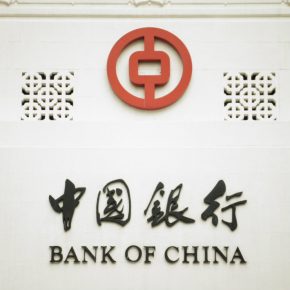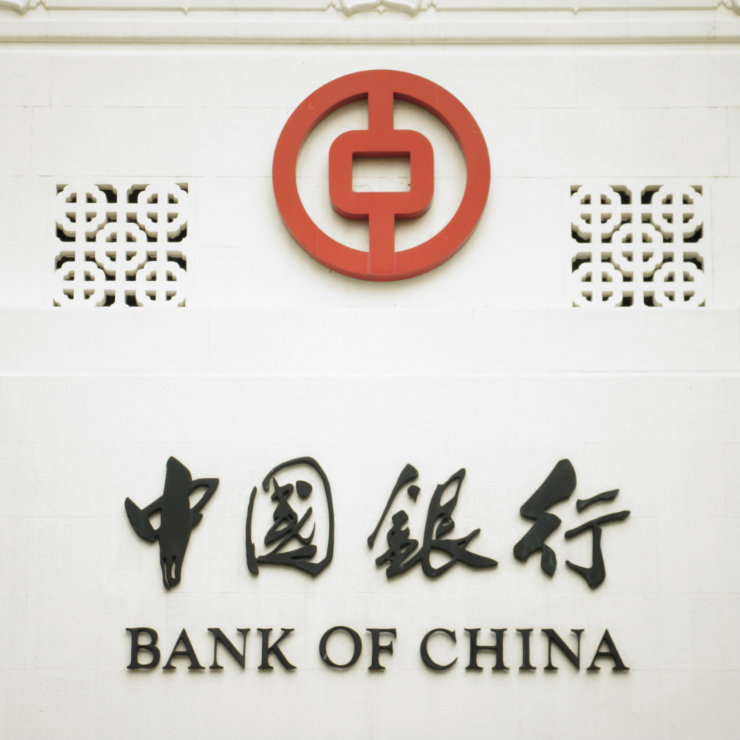
(epSos.de, CC BY)
Many also worry that China has geopolitical ambitions to dominate both CSE and Greece, the first point of call in continental Europe for Beijing’s One Belt One Road. China denies that it is geopolitically motivated to undermine the role of the EU in its cooperation with CSE and Greece. „Instead, Beijing insists that it wants a prosperous and stable EU that would be secure and financially rewarding for its investments in CSE and further afield across Europe,” Bob Savic, Senior Research Fellow, Global Policy Institute, London, told Emerging Europe.
A close examination of Beijing’s largely state-driven investment and trade strategy reveals it to be more inclined towards expanding economic and political ties with wealthier western Europe. CSE’s corporate landscape has been of relatively muted interest for Chinese state-owned and private sector players, alike, amounting to around USD10bn in acquisitions since the 16 + 1 forum began several years ago (read more).
Consequently, whatever China’s leaders had expressed in the way of raising equity-related investments into the region, in recent times, has seen little realized on-the-ground in terms of corporate acquisitions.
Chinese state-owned bank lending has featured more prominently in the region. Even so, China’s concessional lending to CSE governments is still a relatively small fraction of various countries’ overall public sector debt.
According to the European Bank for Reconstruction and Development (EBRD), Chinese cumulative bank lending to the governments of Serbia (read more), Macedonia and BiH, over the period 2006 to 2017, was EUR2.7bn, EUR640m and EUR350m, respectively. This is an arguably minor share of these countries’ current respective public debt levels of EUR22.3bn, EUR3.9bn and EUR4.2bn.
Most of China’s relations with individual CSE states tend to be in the nature of lower-ranked partnerships, such as “friendly cooperative relationships” with Bulgaria and Romania, a “friendly cooperative partnership” with Hungary, and a “comprehensive cooperative partnership” with Croatia.
China ascribes slightly higher level relations with the Czech Republic in the form of a “strategic partnership” and still higher level relations with Poland, Hungary and Serbia entitled as a “comprehensive strategic partnership”.
The partnership which outranks all those in CSE, and the rest of Europe, in terms of its importance to Beijing, is the “China-Germany All-round Strategic Partnership”. The nature of this so-called “all-round” partnership, which was inked in 2017, is unique to China and Germany.
Several capital cities have been earmarked as regional gateways. For instance, Warsaw and Belgrade have been designated as regional centers for China’s trade and investment flows into the northern and southern portions of CSE, respectively. Budapest and Prague have assumed the specific roles of China’s financial and trading gateways into CSE, and even beyond.
Several west European cities have recently taken to the idea of portraying themselves as pivotal points along China’s westernmost extension of the One Belt One Road. These include the giant industrial ports of Hamburg in Germany and Rotterdam in the Netherlands, which enable China with open access to the North Sea. This is certainly a far cry from the One Belt One Road early days, when Beijing’s leaders pointed rather reservedly to the initiative’s westernmost fringes along the shorelines of the Baltic Sea.
The principal constraint on China seeking influence in CSE, though, is the self-defeating rivalry this would elicit with wealthier and more institutionally-powerful western Europe.
The reality is that Beijing is engaged in a long term venture of building influence with continental Europe’s pivotal players, including, most especially Berlin. For Beijing, such strategy serves as a more realistic win-win scenario in its competition with the US for global influence. Any geopolitical ambitions China may have in CSE would be no more than securing friendly passage into the economic and political heart of a wider Europe rather than winning over lesser consequential parts of it.
This has become increasingly more evident in China’s championing ever closer ties with Germany — Europe’s economic powerhouse. Germany’s exports to China over the same period amounting to USD81bn. Germany is also the only European country to run a rapidly ballooning trade surplus
China’s appetite for Germany’s manufacturing prowess, and the longer term benefits its machinery and luxury goods makers provide to China’s value-added industry upgrading and rising consumer services sector has been manifested in its growing desire to own more companies in Germany, and nearby German-speaking countries.
Over the first half of 2018, for instance, China’s European M&A amounted to USD22bn. This was on top of recent years’ record-breaking mega-acquisitions of German companies, including China-based Midea’s controversial buyout of German robot-maker Kuka for EUR3.7bn and ChemChina’s purchase of Swiss-based Syngenta for USD43bn.


